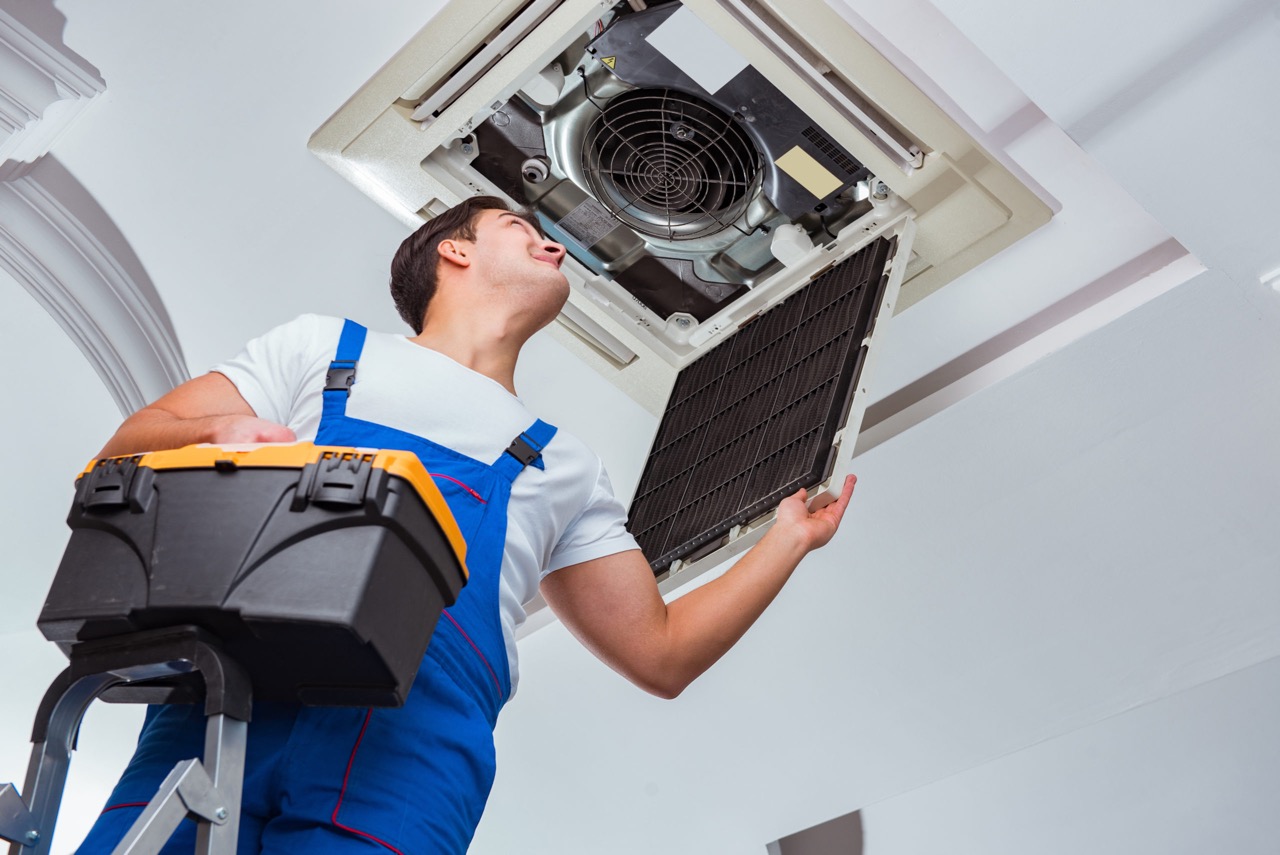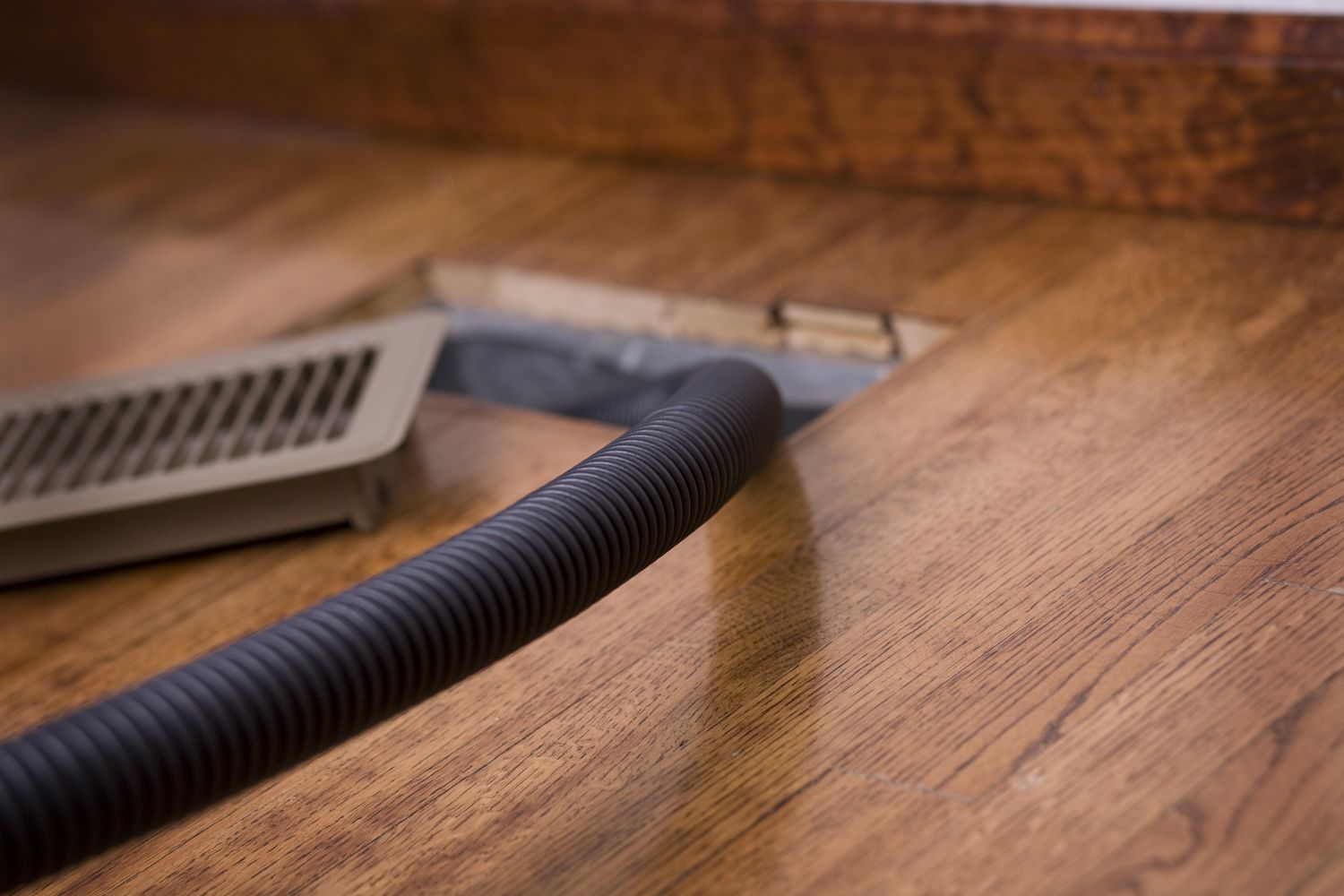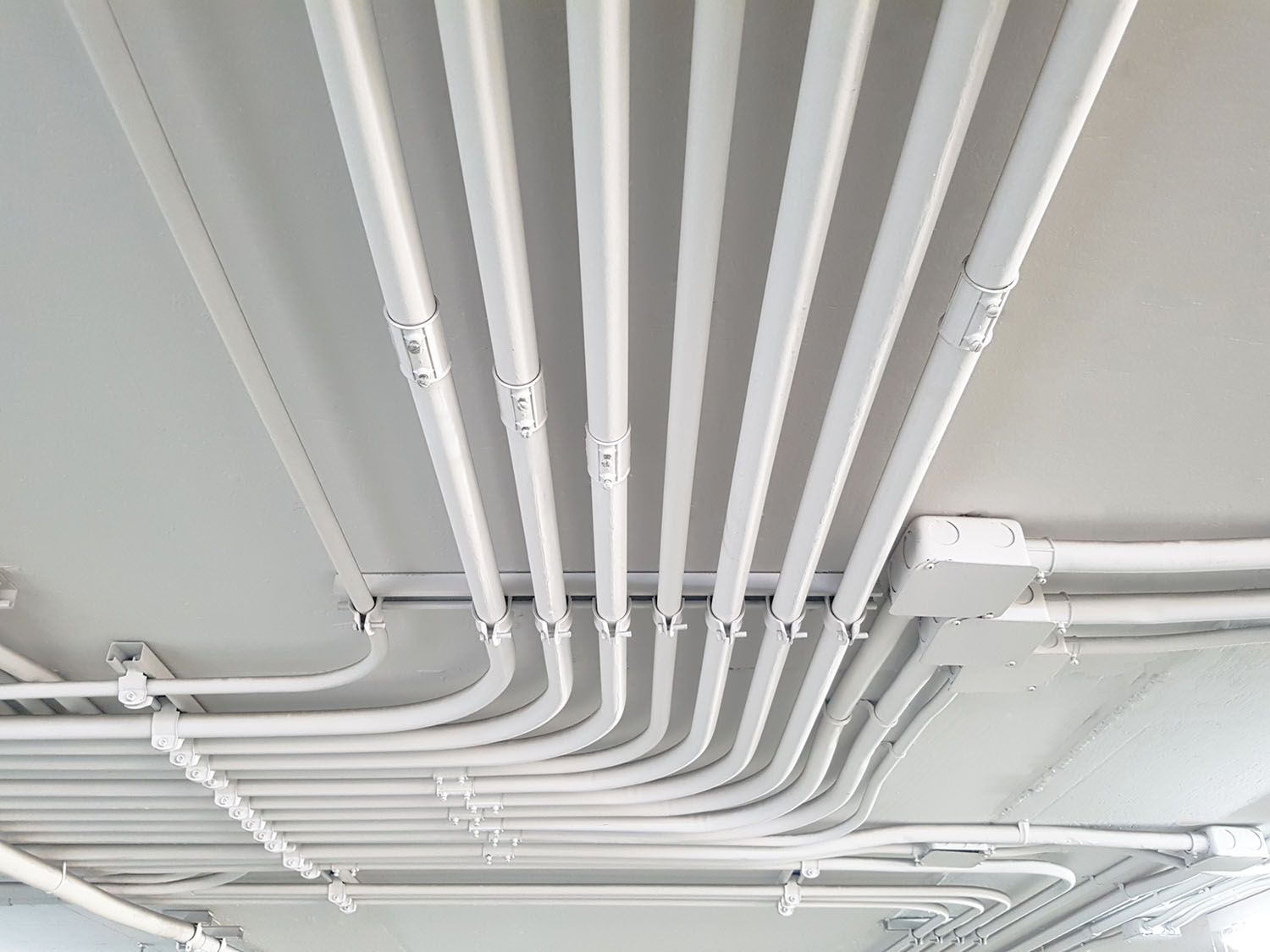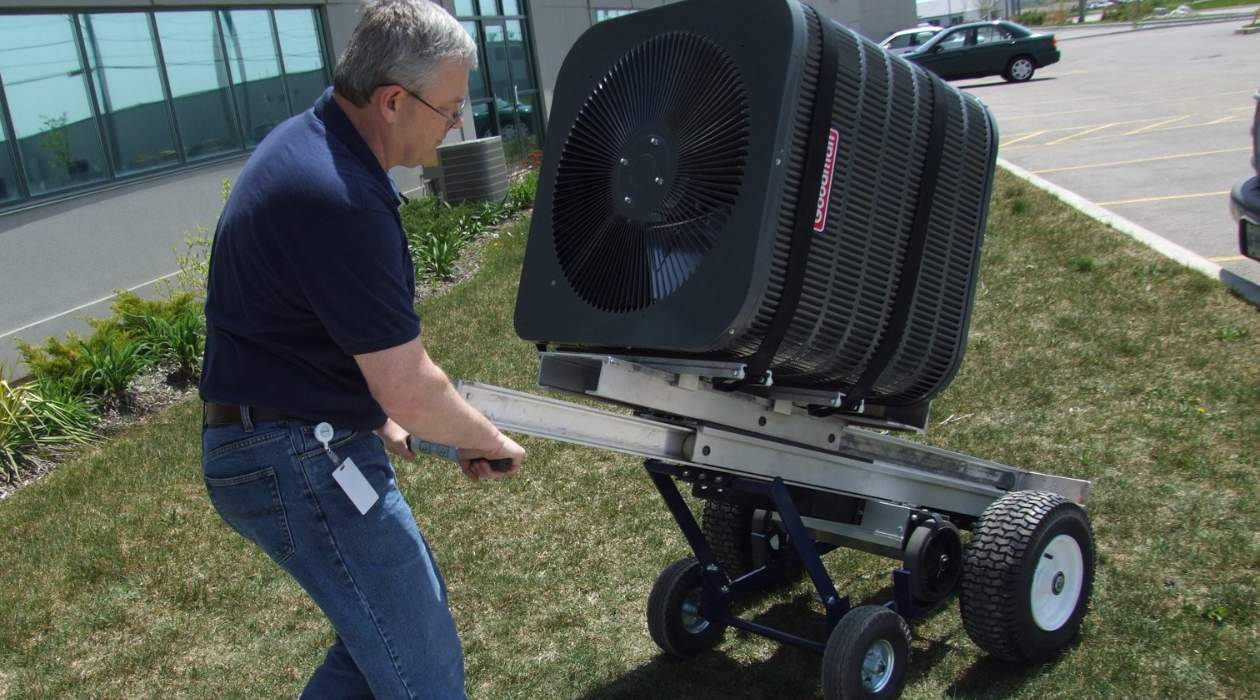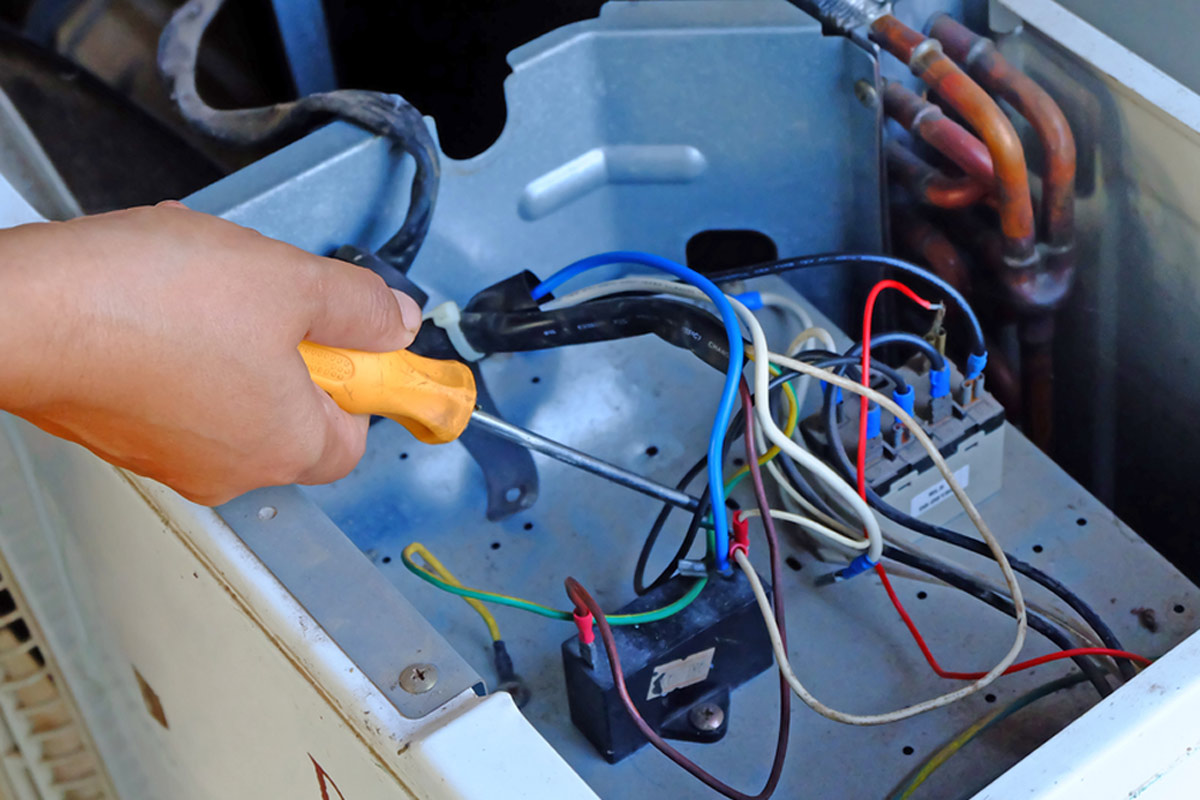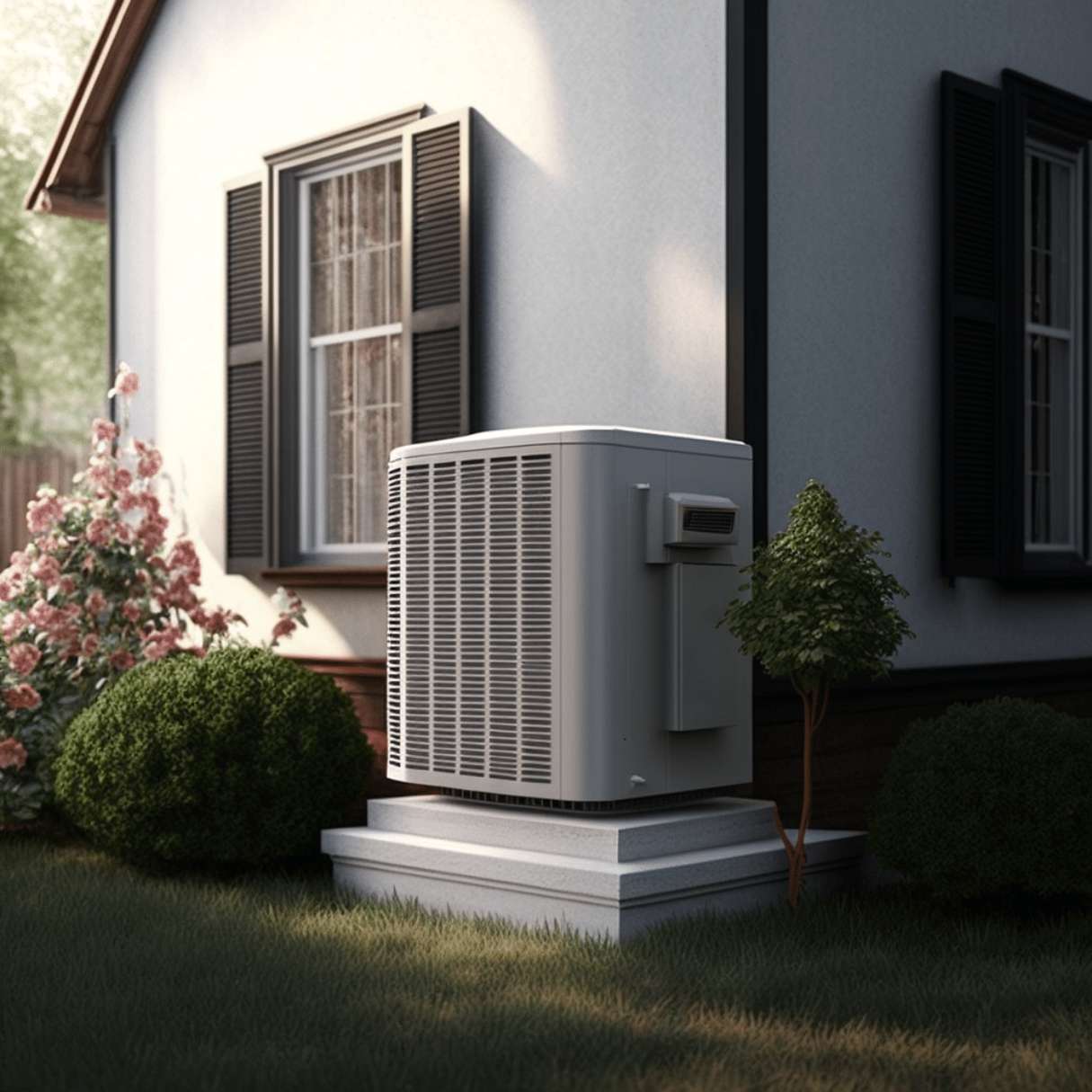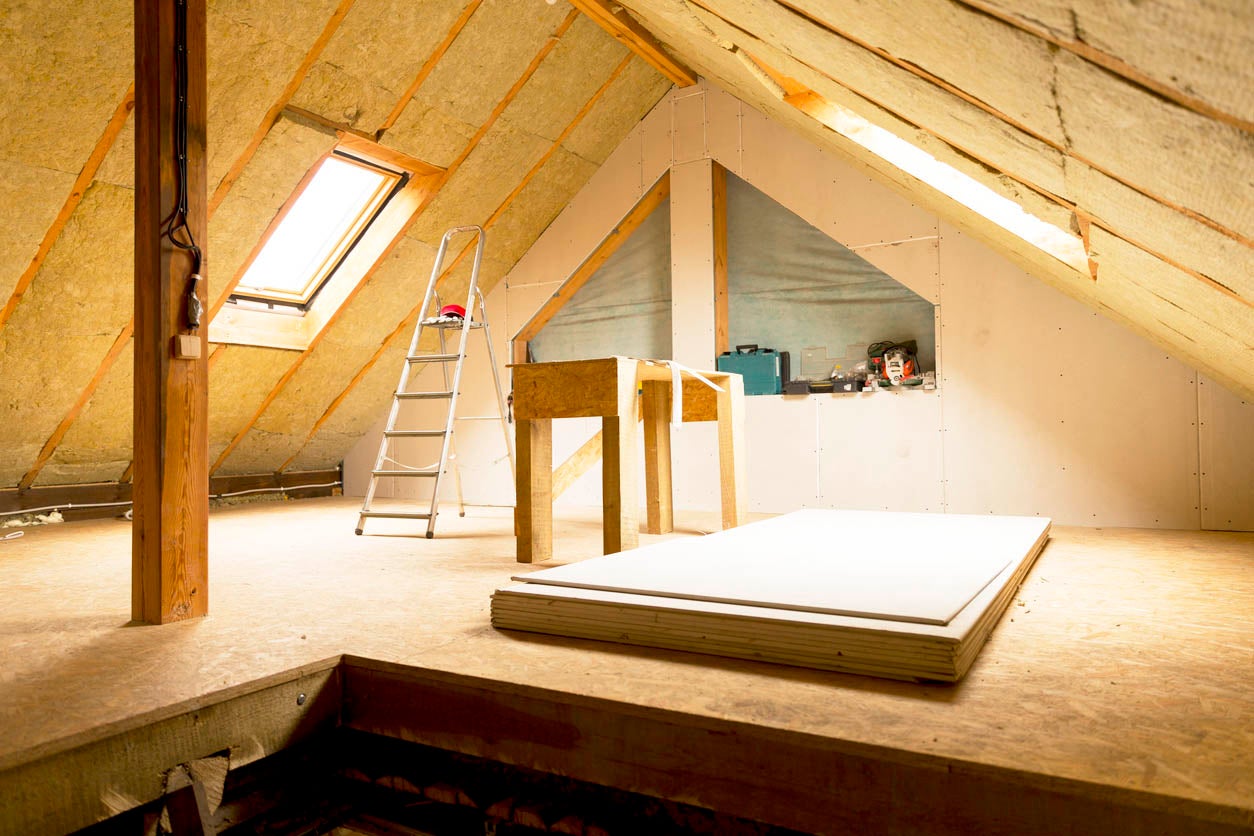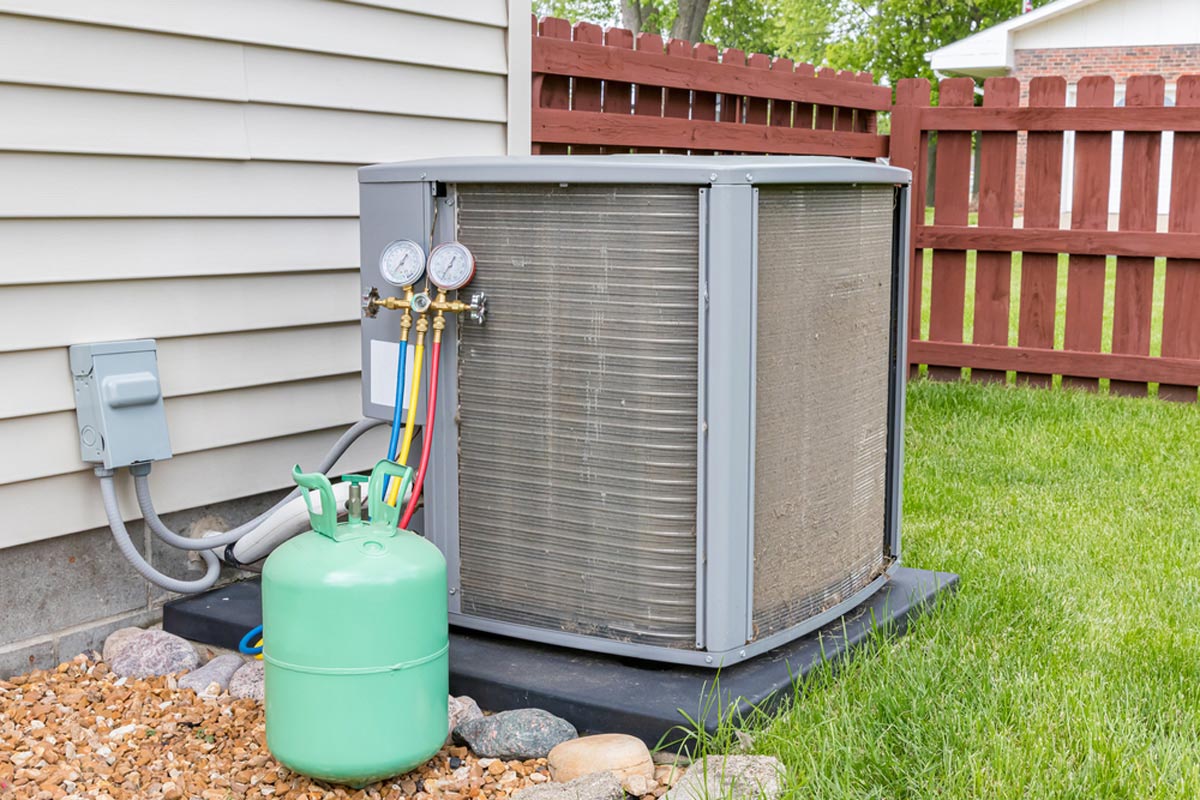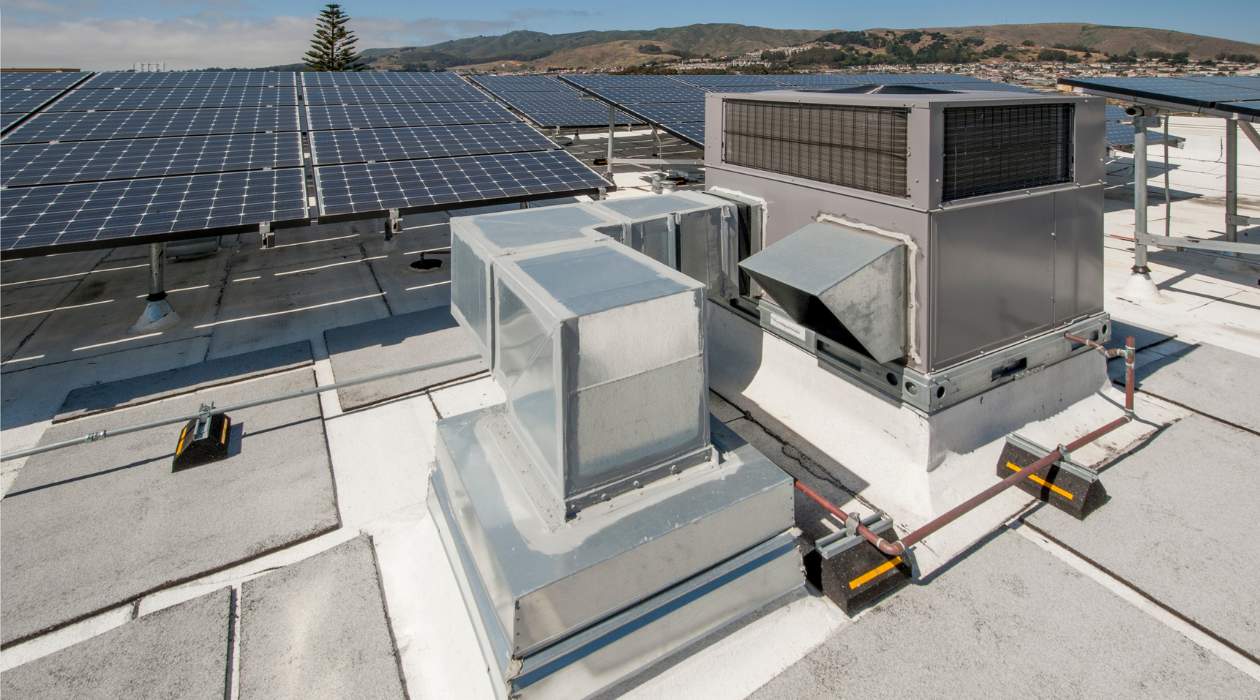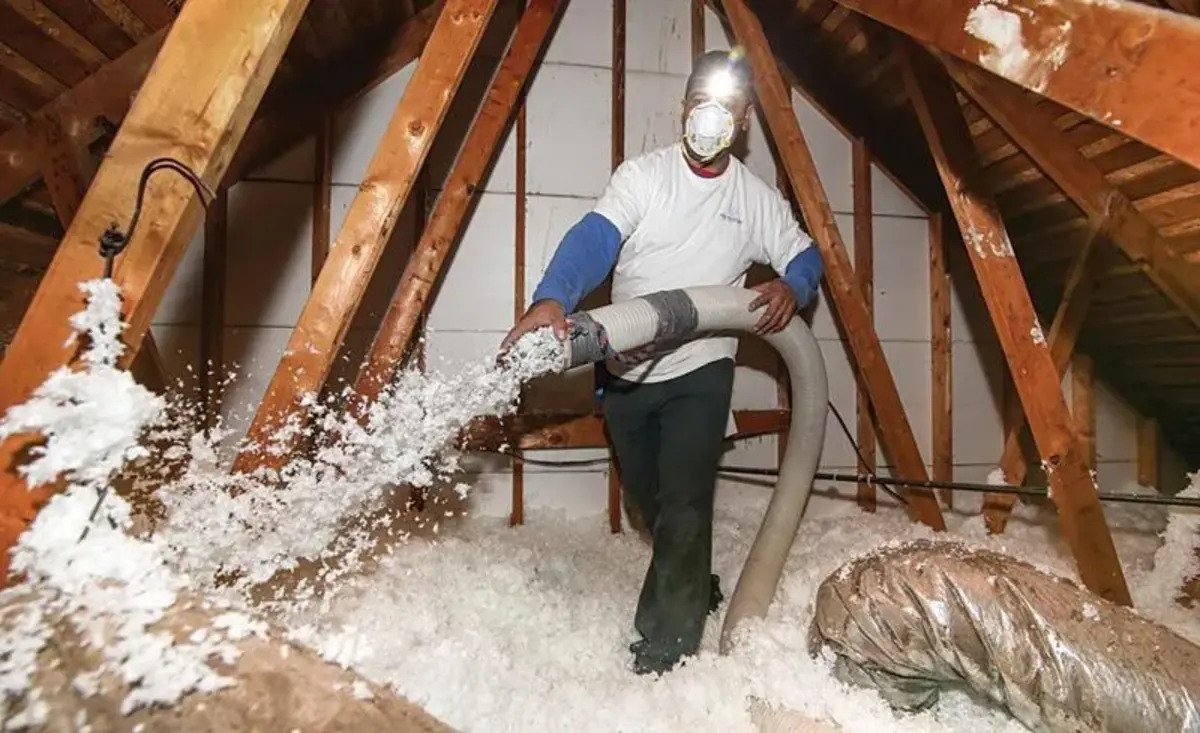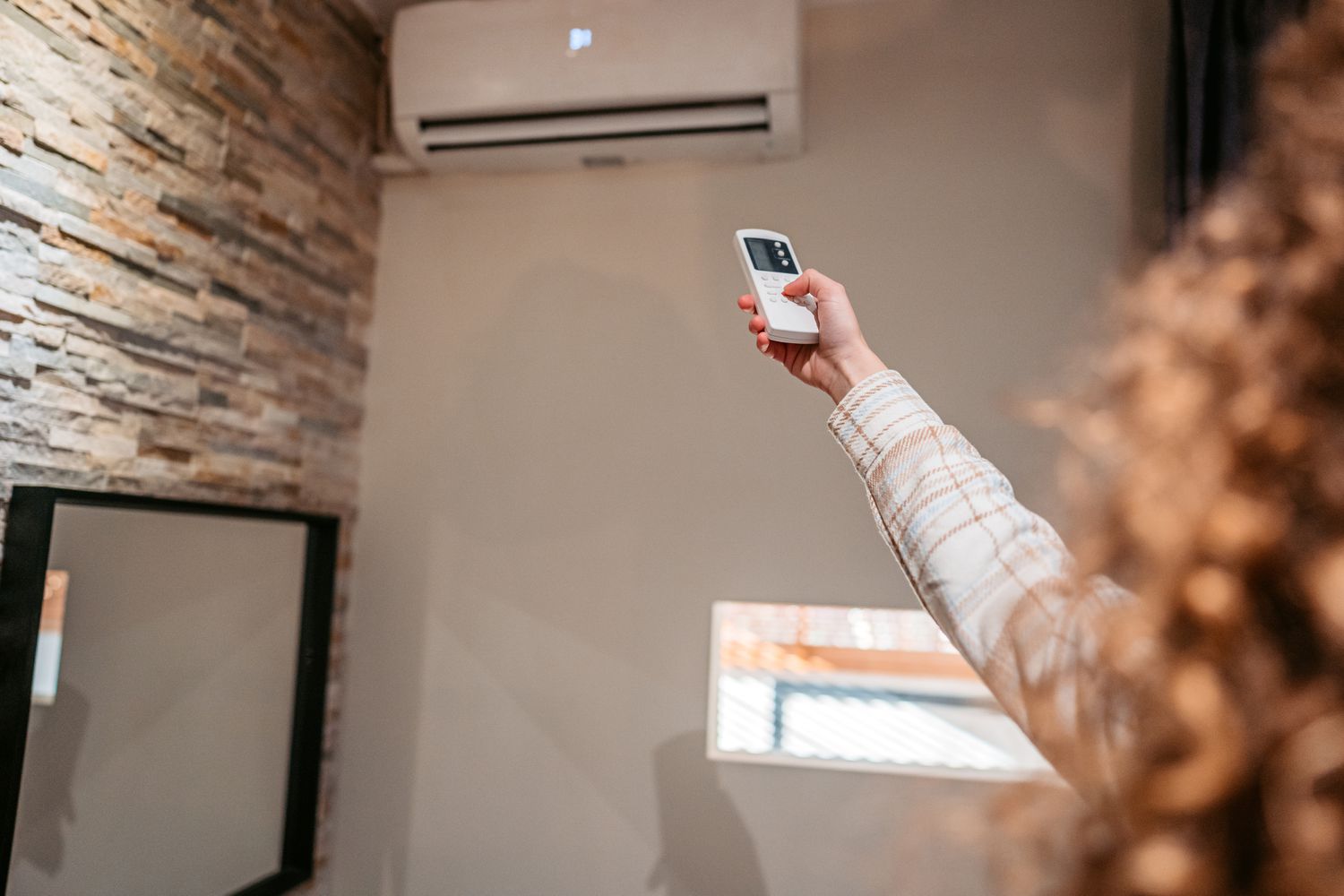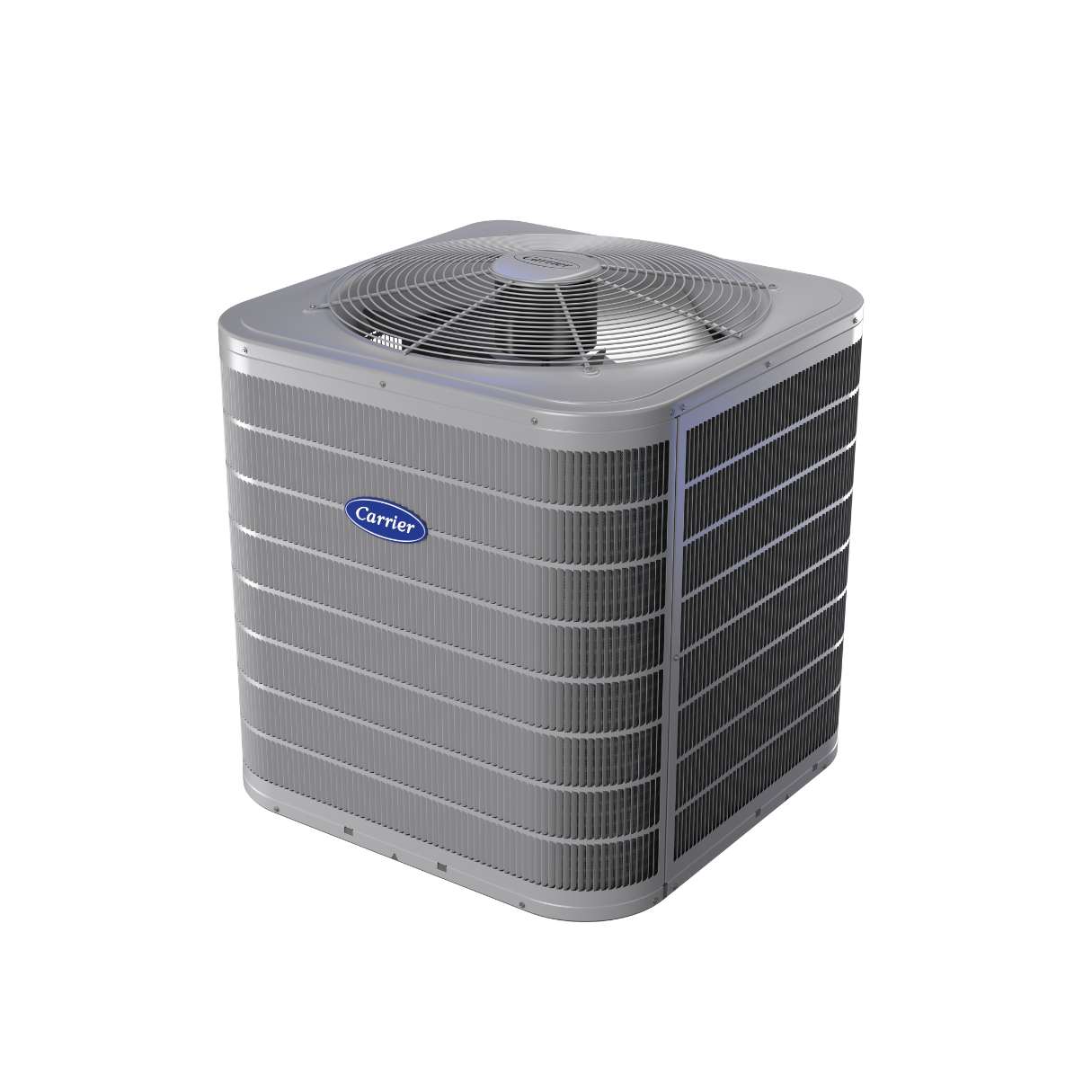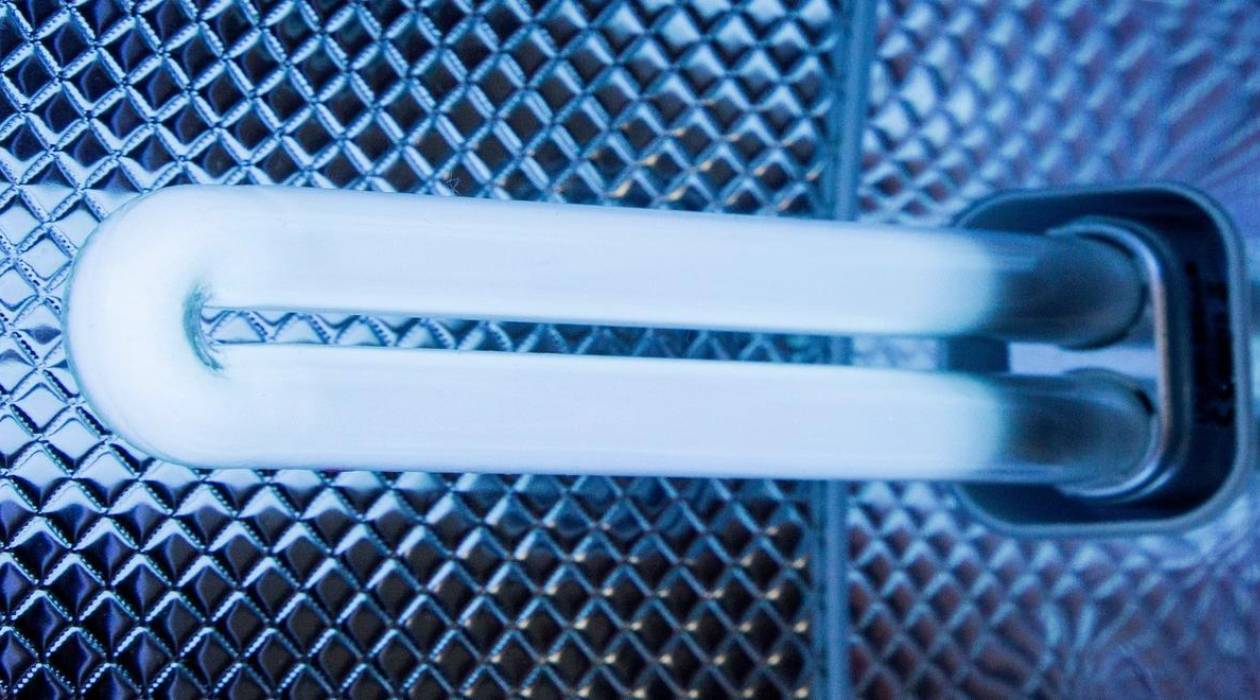Home>Home Security and Surveillance>How Much Does A Home Security System Cost
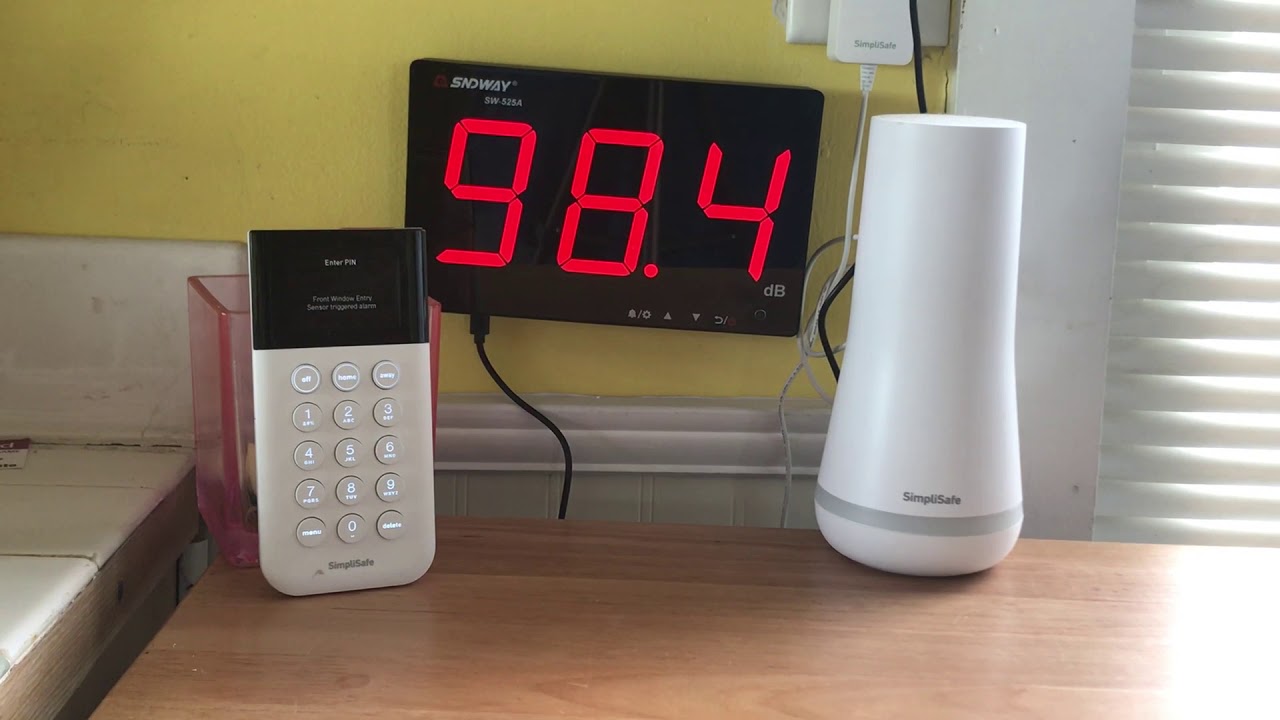

Home Security and Surveillance
How Much Does A Home Security System Cost
Modified: March 6, 2024
Discover the cost of a home security system and surveillance in this comprehensive guide. Protect your home and loved ones with a reliable home security solution.
(Many of the links in this article redirect to a specific reviewed product. Your purchase of these products through affiliate links helps to generate commission for Storables.com, at no extra cost. Learn more)
Introduction
Welcome to our comprehensive guide on home security system costs. In today’s world, ensuring the safety and security of our homes has become a top priority. With the increase in residential burglaries and property crimes, homeowners are turning to home security systems for added protection and peace of mind. However, before diving into the world of home security, it’s important to understand the costs associated with these systems. In this article, we will explore the various factors that impact home security system costs and provide you with useful information to help you make an informed decision.
When it comes to the cost of a home security system, it’s not a one-size-fits-all scenario. The price can vary depending on several factors, including the type of system, the level of monitoring desired, the size of your home, and the additional features and services you opt for. Understanding these factors will help you determine the overall investment required to secure your home.
Typically, home security system costs can be categorized into installation costs, equipment costs, monitoring costs, and additional services and features costs. Let’s take a closer look at each of these categories to gain a better understanding of what to expect.
Key Takeaways:
- Home security system costs vary based on factors like home size, type of system, and monitoring level. Consider DIY installation, equipment bundles, and insurance discounts to save on expenses.
- Understanding the total cost of ownership, including monitoring fees and additional services, helps in budgeting for a home security system. Research, prioritize essential equipment, and periodically review the system for cost-effective security.
Read more: How Much Do Wired Security Systems Cost
Factors Affecting Home Security System Costs
Several factors influence the cost of a home security system. Understanding these factors will help you determine the most appropriate system for your needs and budget. Here are the key factors:
- Size and Layout of Your Home: The size and layout of your home play a significant role in determining the cost of a security system. Larger homes with multiple entry points and complex layouts may require more equipment and installation time, resulting in higher costs.
- Type of System: Home security systems come in various types, such as professionally monitored systems, self-monitored systems, and DIY systems. Professionally monitored systems, where a security company monitors your home 24/7, generally have higher monthly fees compared to self-monitored or DIY systems.
- Quality and Features of Equipment: The quality and features of the equipment you choose will impact the cost. High-end cameras, motion detectors, smart locks, and other advanced features will typically come at a higher price point.
- Installation Method: The installation method you choose can also affect the overall cost. Some security companies offer professional installation services, while others provide DIY installation options. Professional installation may come with an additional fee, but it ensures that the system is set up correctly.
- Monitoring Services: If you opt for professional monitoring services, your monthly costs will be higher. These services include round-the-clock monitoring, emergency response, and notifications in the event of a security breach.
It’s important to consider these factors when choosing a home security system. Assess your needs, budget, and the level of security you require to determine which factors are most important to you.
Installation Costs
Installation costs are a significant factor to consider when calculating the overall cost of a home security system. The installation process involves setting up the system components and ensuring they are correctly connected and functioning effectively. The cost of installation will vary depending on the type of system and the method of installation chosen.
If you opt for a professionally installed system, you can expect additional charges for the installation service. A trained technician will come to your home and handle the entire installation process, including mounting cameras, connecting sensors, and configuring the system. The cost of professional installation typically ranges from $100 to $500, depending on the complexity of the system and the size of your home.
On the other hand, if you choose a DIY installation option, you can save on installation costs. DIY systems come with step-by-step instructions that allow you to set up the system yourself. DIY installation is relatively straightforward and does not require any special technical skills. However, keep in mind that DIY installation may not be suitable for everyone, and it’s essential to follow the instructions carefully to ensure proper functioning of the system.
In addition to the initial installation costs, it’s worth considering any ongoing maintenance and support fees. Some security companies offer maintenance plans that cover regular check-ups, firmware updates, and equipment repairs. These plans may come at an additional cost, but they can provide peace of mind knowing that your system is well-maintained and operating optimally.
When budgeting for installation costs, it’s essential to account for any additional equipment, such as mounting brackets, cables, and connectors, that may be required for the installation process. These accessories are usually included in professional installation services, but DIY installations may require separate purchases.
Overall, installation costs should be factored into your home security system budget. Consider your comfort level with DIY installation, your technical abilities, and the complexity of the system when deciding between professional or DIY installation options.
Equipment Costs
When it comes to home security systems, the cost of the equipment is a significant factor to consider. The equipment includes cameras, sensors, control panels, smart locks, and other devices that make up the system. The price of the equipment will depend on the brand, quality, and the specific features you choose.
Basic home security systems typically include a control panel, door/window sensors, and a motion sensor. These systems are generally more affordable, ranging from $100 to $300. If you want to add additional components like cameras, smart locks, or environmental sensors, expect the cost to increase accordingly.
The quality of the equipment can also affect the price. Higher-end systems with advanced features, such as high-resolution cameras, night vision capabilities, and mobile app integration, will generally come at a higher cost. These systems can range from $300 to $1,000 or more, depending on the brand and specifications.
It’s important to consider the specific needs of your home when determining the necessary equipment. Evaluate the number of entry points, the size of your property, and the areas you want to monitor. For example, if you have a large backyard or multiple entrances, you may need additional outdoor cameras or sensors to ensure comprehensive coverage.
Keep in mind that some security companies offer equipment bundles or packages that can help you save on costs. These packages often include a combination of cameras, sensors, and other devices at a discounted price. Additionally, some companies may offer equipment financing options, allowing you to spread out the cost over time.
Before making a purchase, it’s advisable to research different brands and read reviews to ensure the equipment you choose is reliable and meets your specific security needs. Investing in high-quality equipment will provide better performance, durability, and peace of mind.
Monitoring Costs
Monitoring costs are an essential aspect of a home security system, as they cover the ongoing monitoring and surveillance services provided by a security company. Monitoring ensures that any security breaches or emergencies are promptly detected and responded to, providing an extra layer of protection for your home.
Professionally monitored home security systems typically require a monthly fee for their monitoring services. The cost can vary depending on the level of monitoring and the features included in the package.
Basic monitoring packages, which typically include 24/7 monitoring of your security system, may range from $20 to $40 per month. These packages often include contact with a monitoring center, where trained professionals respond to alarms, assess potential threats, and contact the authorities if necessary.
If you want additional features such as video surveillance, remote access to your security system, or smartphone alerts, the monthly cost will likely be higher. Advanced monitoring packages with these features can range from $40 to $60 or more per month.
It’s worth mentioning that some companies offer self-monitoring options, where you are responsible for monitoring your security system via a smartphone app or web portal. Self-monitoring typically comes at a lower monthly fee, ranging from $10 to $20 per month. However, it’s essential to note that with self-monitoring, you are solely responsible for taking action in the event of an alarm or security breach.
When considering monitoring costs, think about the level of security you desire and the level of involvement you want from a security company. If having professionals monitor your system and respond to alerts is a priority, investing in a professionally monitored system is recommended. If you prefer a more budget-friendly option or enjoy being actively involved in monitoring your system, self-monitoring may be a suitable choice.
As you compare different security companies and their monitoring packages, pay attention to any additional fees or contract terms. Some companies may require a long-term contract, while others offer month-to-month options. It’s crucial to consider these factors to ensure the monitoring service aligns with your needs and expectations.
When considering the cost of a home security system, factor in the initial equipment cost, installation fees, and monthly monitoring fees. Additionally, consider any potential discounts or promotions offered by security companies.
Read more: How Much Is A Security Camera Cost
Additional Services and Features Costs
Alongside installation, equipment, and monitoring costs, it’s important to consider the additional services and features that may come with a home security system. These services and features can enhance the functionality and effectiveness of your system but may also add to the overall cost.
One common additional service is cloud storage for video footage. Many security systems offer the option to store recorded video footage in the cloud, allowing you to access and review it at any time. Cloud storage typically comes with a monthly or annual fee, depending on the amount of storage space required.
Some security companies also provide professional installation of outdoor security cameras and lighting. These services ensure proper placement and installation of outdoor cameras and lighting fixtures, maximizing their effectiveness in deterring potential intruders. However, it’s important to note that professional installation of outdoor cameras and lighting may come with an additional cost.
Home automation integration is another popular feature that may come with an added cost. Home automation allows you to control various aspects of your home, such as lights, thermostats, and door locks, through your security system. However, keep in mind that not all security systems support home automation, and there may be a fee associated with enabling this feature.
Some security companies also offer add-on services like medical alert systems or environmental monitoring. Medical alert systems provide emergency assistance in case of a medical emergency, while environmental monitoring can detect issues such as smoke, carbon monoxide, or water leaks. These additional services typically come with a separate monthly fee.
Lastly, consider the cost of any optional features you may want to add to your system. This can include things like additional door/window sensors, motion detectors, or panic buttons. These optional features can enhance the security and functionality of your system but may come at an additional cost.
When evaluating the additional services and features offered by security companies, consider your specific needs and priorities. Determine which features are essential for your home’s security and weigh the associated costs against their potential benefits.
Total Cost of Home Security System Ownership
When considering the cost of a home security system, it’s important to assess the overall ownership expenses beyond the initial installation and equipment costs. Understanding the total cost of ownership will help you budget and make an informed decision. Here are some factors to consider:
Monthly Monitoring Fees: The monthly monitoring fees, which can range from $20 to $60 or more depending on the level of monitoring and additional features, are an ongoing expense and should be factored into your budget. These fees cover the continuous monitoring and response services provided by a security company.
Equipment Upgrades and Add-ons: Over time, you may want to upgrade or expand your home security system. Adding more devices, upgrading to advanced equipment, or incorporating additional features will come at an additional cost. It’s important to consider these potential expenses when calculating the total cost of ownership.
Maintenance and Repairs: Like any electronic system, home security systems may require maintenance and occasional repairs. Some security companies offer maintenance plans that cover regular check-ups and repairs, but these plans usually come with an additional fee. Additionally, you may need to factor in the cost of replacing batteries or repairing any damaged equipment.
Cloud Storage Fees: If you opt for cloud storage for video footage, there may be a monthly or annual fee associated with it. Consider the amount of storage space you require and the cost of the cloud storage service when calculating the total cost of ownership.
Additional Services and Features: If you choose to add on services like outdoor camera installation, home automation integration, or environmental monitoring, there will be additional costs. These costs should be accounted for when determining the total cost of ownership.
By considering these factors, you can get a better understanding of the ongoing expenses associated with owning a home security system. It’s important to weigh these costs against the level of security and peace of mind that a system provides.
Ways to Save on Home Security System Costs
While home security is an important investment, there are several ways you can save on the costs associated with a security system. Here are some tips to help you minimize expenses without compromising the safety and security of your home:
- Do Your Research: Take the time to research and compare different security companies and their offerings. Look for companies that provide transparent pricing and offer competitive rates. Pay attention to any promotions, discounts, or bundle deals that may help you save on upfront costs.
- Consider DIY Installation: If you’re comfortable with technology and have some DIY skills, consider opting for a do-it-yourself (DIY) installation. DIY systems typically come with detailed instructions and video tutorials, allowing you to save on professional installation fees.
- Choose a Self-Monitoring Option: If you’re willing to actively monitor your security system, consider opting for a self-monitoring option. Self-monitoring plans generally come at a lower monthly cost compared to professionally monitored systems.
- Focus on Essential Equipment: While it can be tempting to go for the latest and most advanced security equipment, carefully assess your needs and prioritize the essential components. Investing in high-quality cameras, sensors, and a reliable control panel is crucial, but additional bells and whistles might not be necessary for every homeowner.
- Purchase Equipment in Bundles: Some security companies offer equipment bundles or packages that include multiple devices at a discounted price. This can help you save on individual equipment costs and ensure that all components work seamlessly together.
- Consider Refurbished Equipment: If budget is a major concern, consider purchasing refurbished security equipment. Many reputable security companies offer refurbished devices that have been tested and restored to proper working condition. These products often come with warranties and can offer significant savings compared to new equipment.
- Opt for Scalability: Choose a security system that allows for scalability and future expansion. This way, you can start with the essential components and add on additional devices or features as your budget allows or as your security needs evolve.
- Take Advantage of Insurance Discounts: Some insurance companies offer discounts on homeowners’ insurance premiums for having a monitored security system. Contact your insurance provider to inquire about any potential discounts, as these savings can help offset the cost of the system over time.
- Periodically Review Your System: Regularly review your security system to ensure it’s functioning optimally. Check for any outdated equipment or unnecessary features that can be removed to reduce ongoing costs. Additionally, stay informed about new technology and advancements in the industry, as upgrading to more efficient equipment can save money in the long run.
By implementing these strategies, you can save on home security system costs without compromising the safety and protection of your home. Remember, the goal is to find the right balance between affordability and the level of security that meets your needs.
Conclusion
Investing in a home security system is a crucial step in ensuring the safety and security of your home. However, it’s essential to be aware of the costs involved and make informed decisions that align with your budget and security needs. By understanding the factors that impact home security system costs, you can budget effectively and choose the most suitable system for your home.
Factors such as the size and layout of your home, the type of system, the quality and features of the equipment, the installation method, and the level of monitoring desired all contribute to the overall cost. Additionally, there may be additional costs associated with services like cloud storage, professional outdoor camera installation, home automation integration, and maintenance plans.
To save on home security system costs, consider options such as DIY installation, self-monitoring plans, equipment bundles, refurbished equipment, and taking advantage of insurance discounts. It’s also important to periodically review your system to ensure it remains efficient and cost-effective.
Ultimately, the total cost of home security system ownership is a worthwhile investment in the safety and protection of your home and loved ones. By considering your specific needs, budget, and the level of security you require, you can choose a system that offers peace of mind and fits within your financial means.
Remember to research different security companies, compare pricing, check for promotions or discounts, and select a system that offers scalability for future expansion. By taking these steps, you can find a home security system that provides a balance between cost, functionality, and peace of mind.
Now that you have a better understanding of the costs and factors involved, you can confidently explore the world of home security systems and choose the one that best suits your needs and budget.
Frequently Asked Questions about How Much Does A Home Security System Cost
Was this page helpful?
At Storables.com, we guarantee accurate and reliable information. Our content, validated by Expert Board Contributors, is crafted following stringent Editorial Policies. We're committed to providing you with well-researched, expert-backed insights for all your informational needs.
